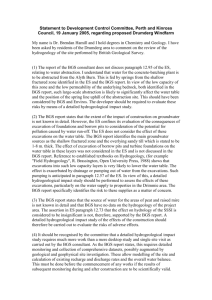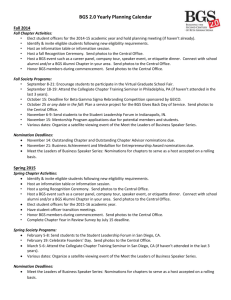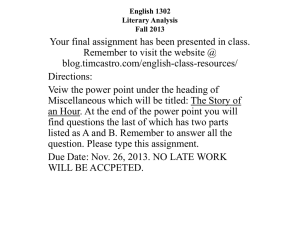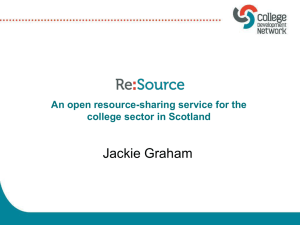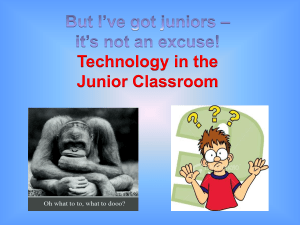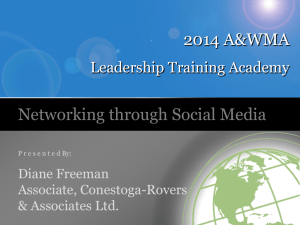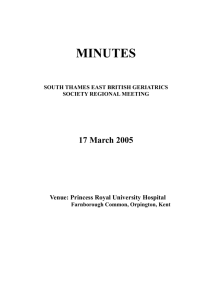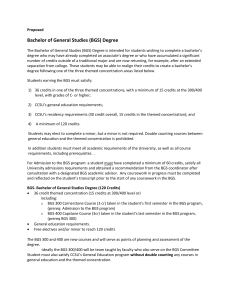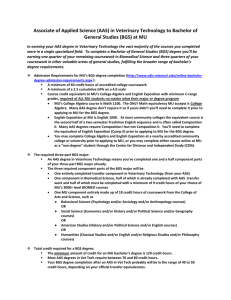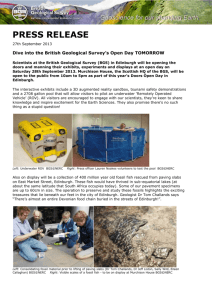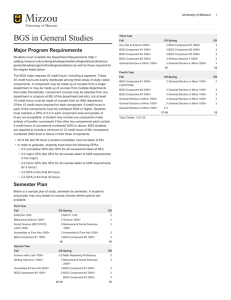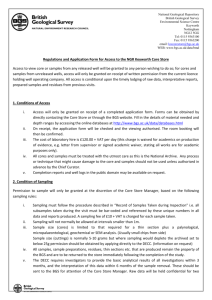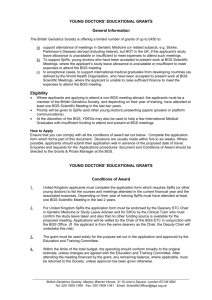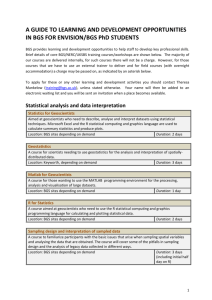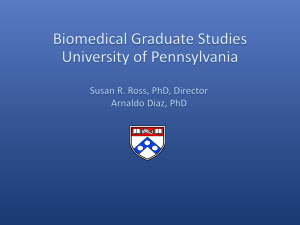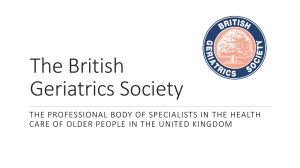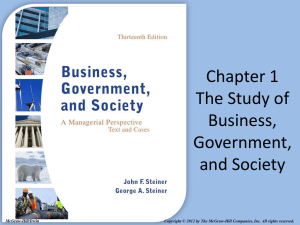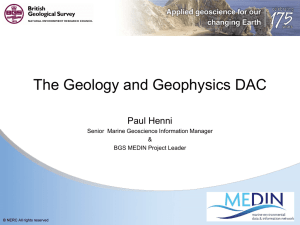Why do we use social media?
advertisement
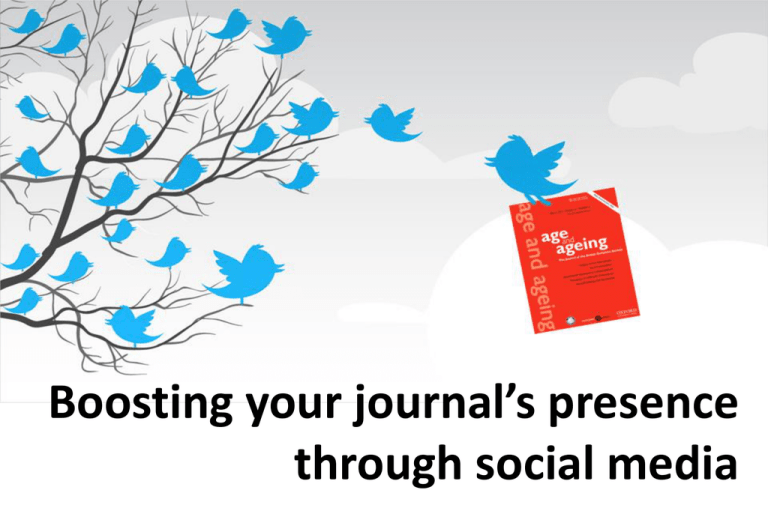
Boosting your journal’s presence through social media Why do we use social media? To promote our papers. Tweet a short summary of every paper with a link to the original article. Re-tweet news coverage of our papers and mention papers in response to related news. Invite authors to write blog articles to accompany their papers. Use LinkedIn to discuss hot topics, linking to related papers. Why do we use social media? To engage our readers. Easier for readers to discover, share, recommend and cite our papers. Open up the discussion. Allow readers to rate, discuss and critique what we publish. Reach new and different audiences beyond clinical and research communities. Raise the profile of geriatric medicine. Pitch and present content more accessibly. Summed up but not dumbed down. Why do we use social media? It would be daft not to! Expand on already good online usage 80,000 – 100,000 downloads/month. Social media is free, easy to use and does not have to be time consuming. We have lots of good content and willing content providers. Develop in line with new publishing technologies. What to consider • Content – Where will all the material come from? What have you got to say? • Technology – What social media platforms will you use? How does this thing work? • Delivery – How much work will this create? Can you manage it? Whose job is it? Content • • • • • • Journal content. Announce the publication of your latest papers, reproduce summaries as a blog or headlines as a tweet to drive traffic to the original paper. News and updates on your Society’s activities. A news blog could be a successor to your newsletter or the news section on your website. Website, apps, book, film and product reviews. Social media may be may be a better platform than the journal. Conference reports, live blogging from events. Offering an additional portal to access your meeting literature, presentations and podcasts. Layman summaries of research. Invite authors to summarise their work in a more accessible format for a wider audience. Commentary and opinion. Commissioned on topical or contentious issues, link to related content from your journal or Society websites. Technology Technology Technology: Twitter • • • • • • • • Two accounts: 1. To promote A&A papers. 2. For BGS news and activities. Shared resource for whole organisation. Tweets include a link to the original article to drive traffic to our websites. Reply and retweet to encourage reciprocity. #hashtags make tweets more discoverable. Schedule tweets on Hootsuite to save time. Use Bitly to shorten URLs and track usage. Twitter is also good for reading the news. Technology: Blog • • • • • • • A topical portal into the static content on BGS and A&A websites. For audiences interested in geriatric medicine and wider elderly care issues. Overseen by Digital Media Editor, supported by PAPC and Editorial boards. Aiming for one blog entry per week. Blog entries can be closed or open to moderated comments. Authors invited to write blog articles to coincide with the publication of their paper. Guest bloggers commissioned. Technology: LinkedIn • • • • • • A LinkedIn professional profile. A LinkedIn interest group. Professional Networking. Reinforce links with authors, peer reviewers, BGS members. Make new connections with medical and research professionals. Self promotion. Announce BGS activities, events, new issues of A&A, news coverage. Platform for discussion. Highlight hot topics, start or engage with existing discussions. Private space for closed discussion, conferencing and collaboration. Delivery: Who else can you rope in? • • • • • Editorial Manager, 1 hour a week. o Daily tweet promoting an A&A paper. o Weekly entry on LinkedIn. Communications Manager, 1 hour a week. o Daily tweet promoting a BGS activity. Digital Media Editor, 2-4 hours a week. o Responsible for social media engagement for the BGS and A&A. o Weekly blog featuring content from across the BGS and A&A. o Commissions and moderates content from: Existing authors. Guest bloggers. Summary • • • • • Content. You are content rich, make the most of it. Work with what you’ve got but consider commissioning more. Technology. Go for applications primarily for publishing, sharing and discussion that give you control of the content. Delivery. Be sustainable, don’t sign up to more than you need or than you can manage. Be engaging. Interact with your readers and contributors and reach out to new audiences. Have a go! Don’t be daunted, social media is for users not for experts. @Age_and_Ageing www.ageing.oxfordjournals.org


